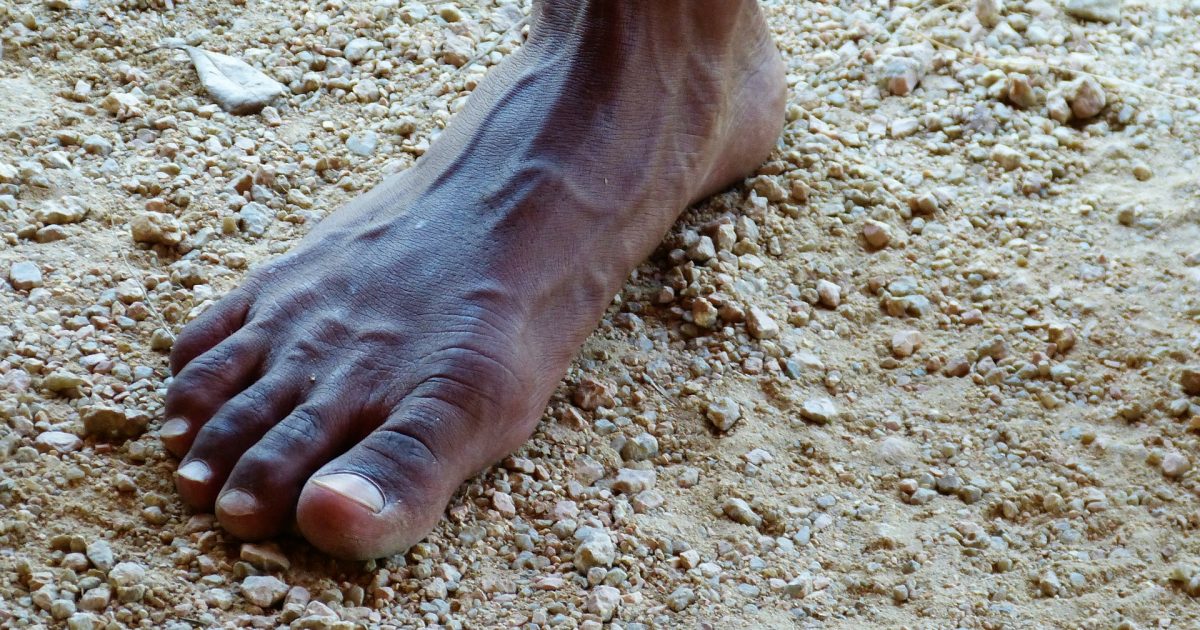Optimising care for Aboriginal and Torres Strait Islander people with cancer is the aim of a national public consultation program starting today.

Minister for Indigenous Health, Ken Wyatt AM, said the Optimal Care Pathway for Aboriginal and Torres Strait Islander people with cancer (OCP) was focussed on improving cancer outcomes.
“The pathway will provide an important guide to ensure the best treatment for our people, through culturally sensitive, patient-centred care,” said Minister Wyatt.
“We value your input and ideas to make a real difference for cancer patients. It is vital that the final pathway plan provides accessible care and has wide support across our diverse Aboriginal and Torres Strait Islander communities.”
The Minister encouraged Aboriginal and Torres Strait Islander peak health bodies, community and consumer organisations, associations and health professionals to provide input into the draft OCP.
“Ultimately the pathway will provide clinicians and health administrators with a nation-wide approach to cancer care, but one that is responsive and relevant to local needs,” he said.
The OCP has been developed by Cancer Australia working with the Victorian Department of Health and Human Services (DHHS), in collaboration with Cancer Council Victoria.
The OCP was developed with the support of the Optimal Cancer Pathway Project Steering Committee, Cancer Australia’s National Aboriginal and Torres Strait Islander Leadership Group on Cancer Control and an Expert Working Group comprising Aboriginal and Torres Strait Islander health experts, clinicians and consumers.
The national public consultation will close on 27 October 2017.
The OCP and Reviewer Guidelines are available on Cancer Council Victoria website.


